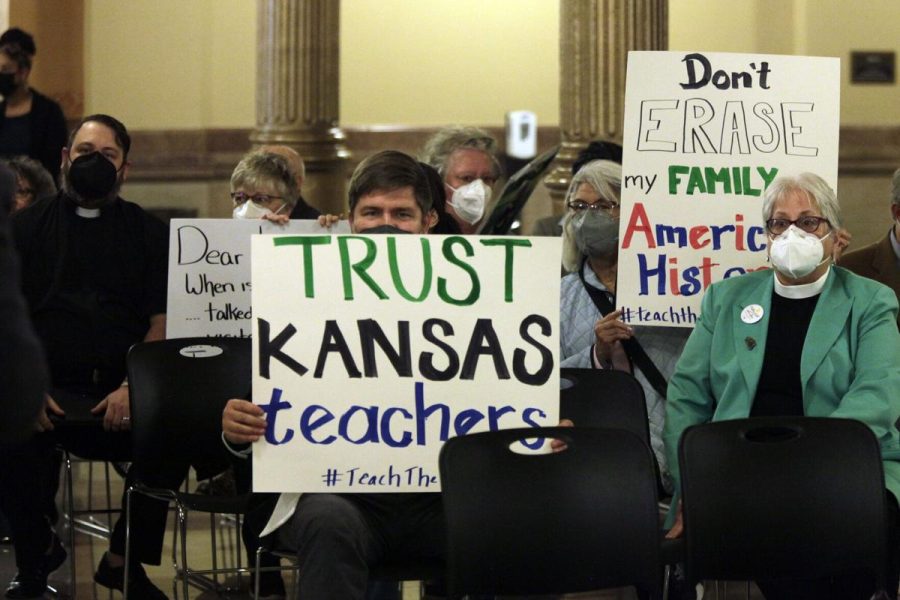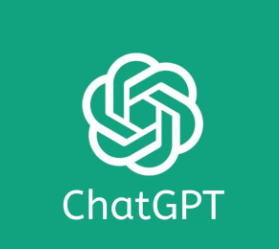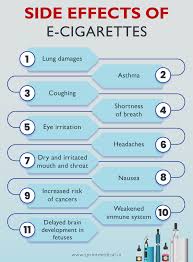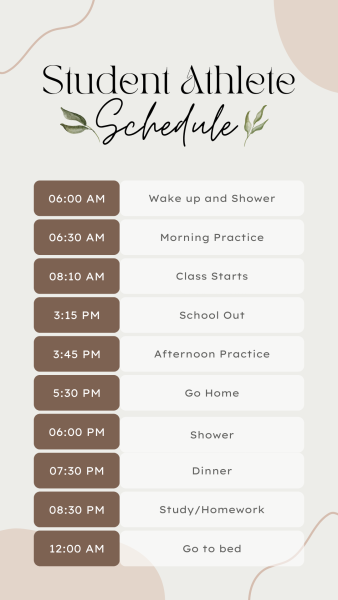Harmful Legislative bills affecting education
March 3, 2022
A pair of bills is currently being discussed in the Kansas State Legislature which could greatly hinder the education of students across the state. These two bills may not seem initially harmful to the student learning environment, and it could even be argued that they would be beneficial towards students and teachers alike. However, there are several points to be made as to why these will only do harm.
The first bill is SB-393, which is summarized by, “requiring school districts to annually publish on the internet a list of learning materials and activities used for student instruction at each school of the school district and providing a penalty for violations thereof.” At first glance, this bill looks great in the sense that it would improve the relationship between teachers and parents, building trust and transparency within the classroom.
The problem is that this bill is addressing a problem that practically does not exist. Schools, and specifically teachers, are already very open with the materials they use within their classrooms, and the COVID pandemic has only increased the clarity between teachers and parents. Along with this, an entirely transparent classroom would likely cause teachers to streamline their teachings in order to fit a one-fits-all curriculum simply to appease all parents. This completely eliminates diversity in classrooms and makes it harder for teachers to adapt to students’ individual needs. Along with this, it puts extra unnecessary stress on teachers, as the majority of assignments and sources are already linked on classroom pages.
“Of course, the biggest negative is the extra work that this may entail on teachers who already have a full plate. I hope that legislators realize that this kind of legislation is not going to draw people to the education field, which is rapidly losing more and more teachers,” says English teacher Mr. Anderson.
Moving on to the second bill, HB-2685, which states, “Establishing the Kansas student achievement accountability act to require students to show grade level proficiency on state assessments before promotion to the next grade level”. This bill would require students to pass on state assessments by grade level, which seems viable. However, there are several issues with the structure of state assessments that endangers the ability of capable students to graduate. For one, many students are highly engaged within the classroom and can retain information, but can still have trouble with applying it towards testing. Many students often rely on study guides in order to fully retain information and perform well on tests, and when nothing is provided, it can stunt the performance of capable students.
Secondly, State assessments do not accurately fit the curriculum that is taught during the school year, and what they do contain isn’t even necessarily relevant to what actually needs to be taught. In fact, a survey of over 1500 NEA members shows that around 70% of educators don’t believe that the primary state assessment is even appropriate for their students (nea.org)
For the most part, these two bills are simply addressing issues that have already been solved, while creating more problems for just about every teacher and student alike. This puts a larger workload on teachers in order to provide resources that are already given and gives students an even more stressful testing period that has them relying entirely on their raw testing ability and not necessarily on their knowledge of covered content. Simply put, these bills cause far more stress than they relieve, all while addressing issues that don’t exist.















